Earlier this year, President Trump signed the Border Security and Immigration Enforcement Improvements executive order to block asylum-seekers who come to the United States through Mexico. The law subjects border arrivals to be returned to “contiguous territories,” such as Mexico, while awaiting U.S. court removal hearings. This prevents those seeking refuge from the violence in Central America’s Northern Triangle — many of which are women and children — from finding immediate safety in the U.S.
[quote position="left" is_quote="true"]They made my sister disappear.[/quote]
Human Rights First, an advocacy group formed to challenge “America to live up to its ideals,” believes the executive order betrays America’s values. “The United States has the ability and the capacity to both protect refugees — in this case, those fleeing violence and persecution in Central America — while also effectively managing its border,” Human Rights First’s Eleanor Acer said. “We should be setting a shining example to other countries by managing this challenge in ways that comply with U.S. human rights and refugee protection treaty commitments.”
With the U.S. turning a blind eye to the crisis, Mexico has granted refugee status to about one-third of the nearly 20,000 refugees from the Northern Triangle (El Salvador, Honduras, and Guatemala) who’ve applied. “I do think there are fewer people deciding to focus their sights on the United States precisely because it has projected itself as being an unwelcoming country,” Maureen Meyer, a senior associate for Mexico at the Washington Office on Latin America, told the Associated Press.
Although the Trump administration appears to have ambivalence toward the crisis, American citizens can still help. The UN Refugee Agency has released an infographic that outlines the dangers facing refugees from Central America and how people can get involved.

















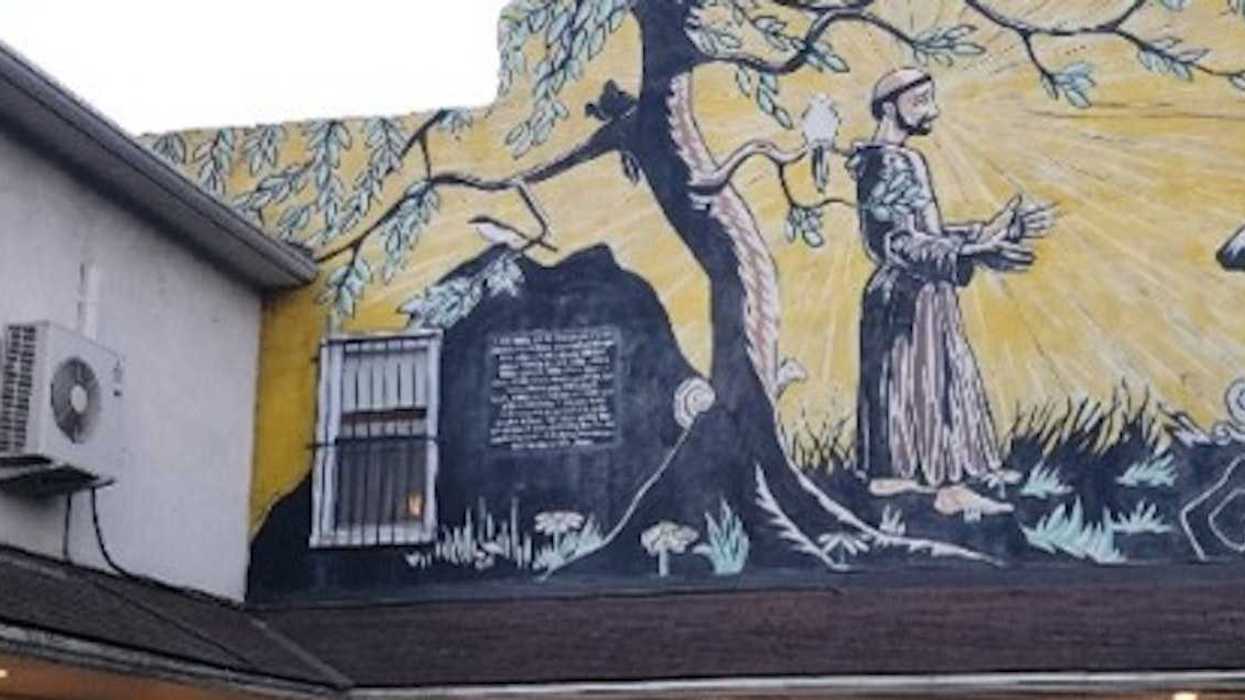
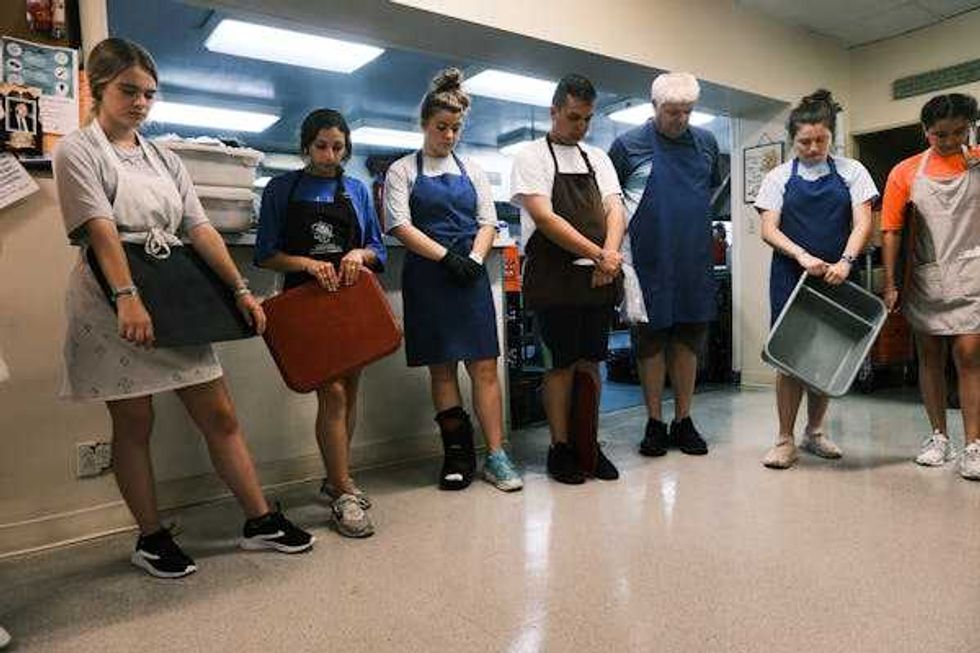 Volunteers at the St. Francis Inn pray together before serving a meal on July 19, 2021.
Volunteers at the St. Francis Inn pray together before serving a meal on July 19, 2021.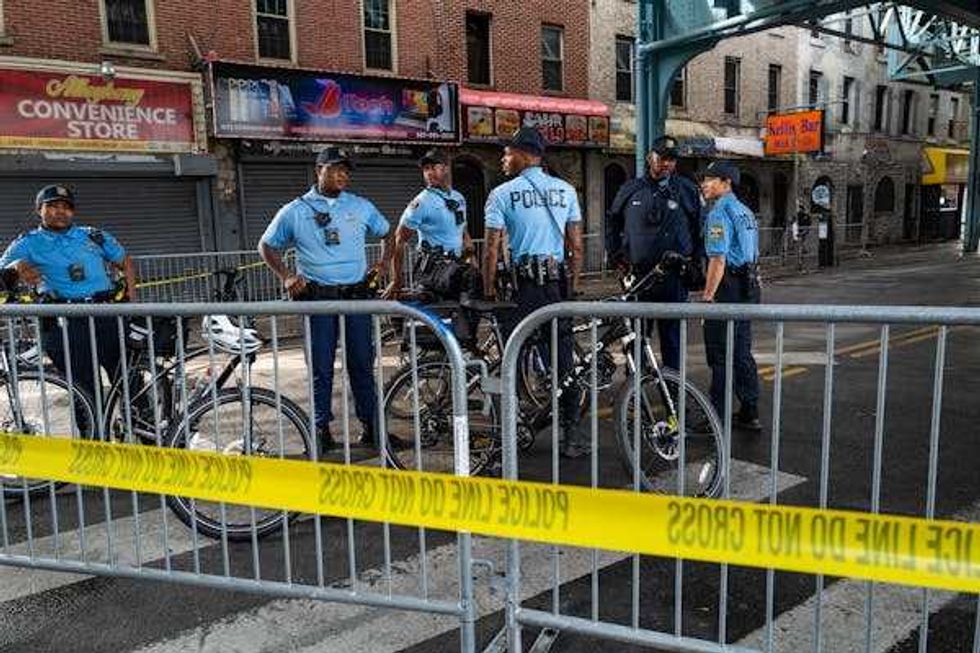 Police close down a section of Kensington Avenue to clear a homeless encampment on May 8, 2024.
Police close down a section of Kensington Avenue to clear a homeless encampment on May 8, 2024.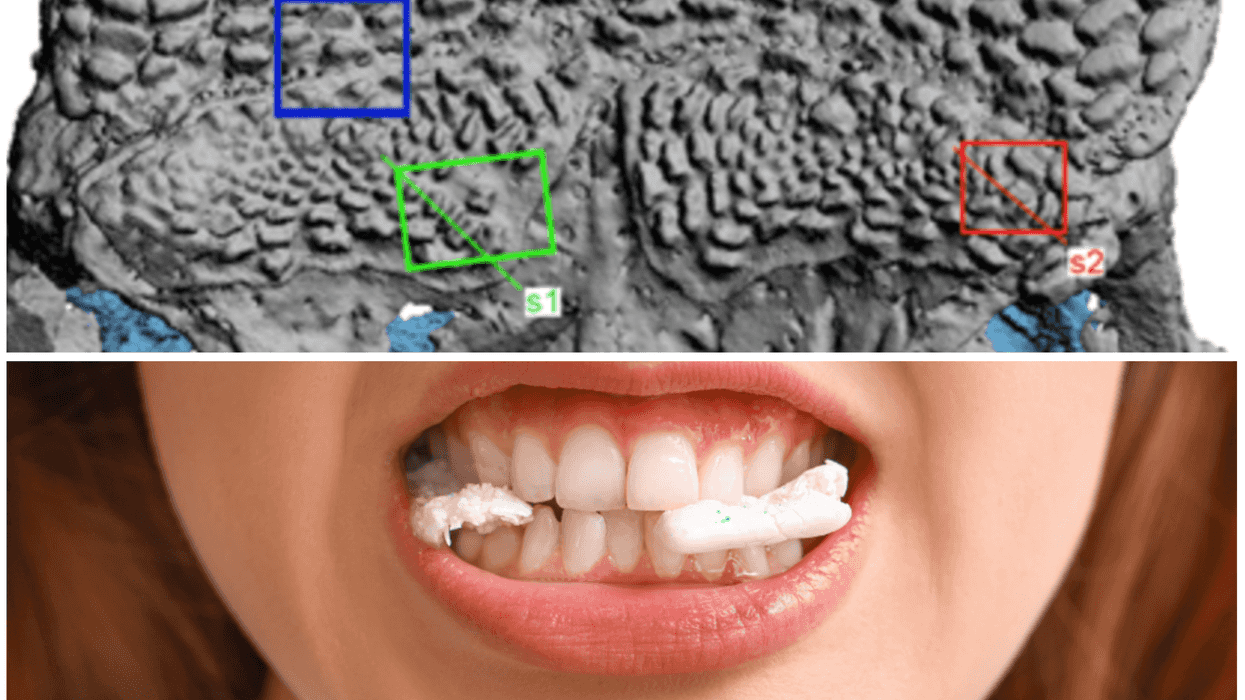


 Left: A robotic arm. Right: Rice grains.Photo credit:
Left: A robotic arm. Right: Rice grains.Photo credit: 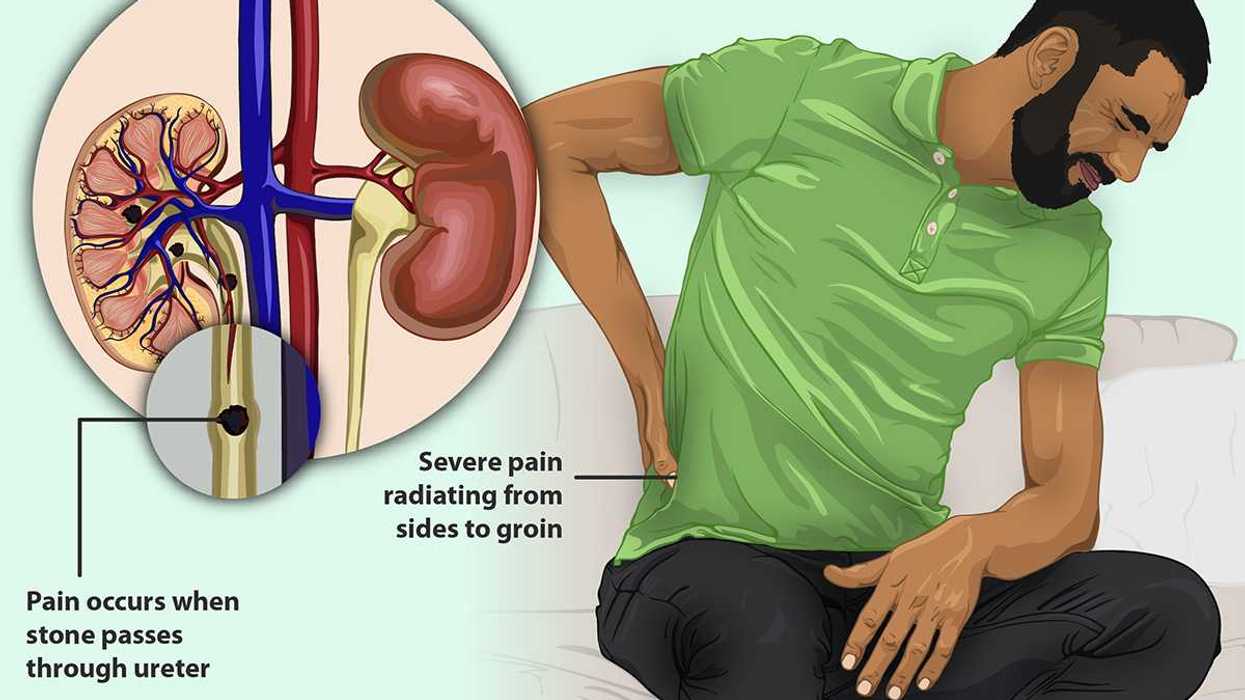 A diagram on kidney stones.myupchar/
A diagram on kidney stones.myupchar/ 
 A couple engages in a serious conversationCanva
A couple engages in a serious conversationCanva
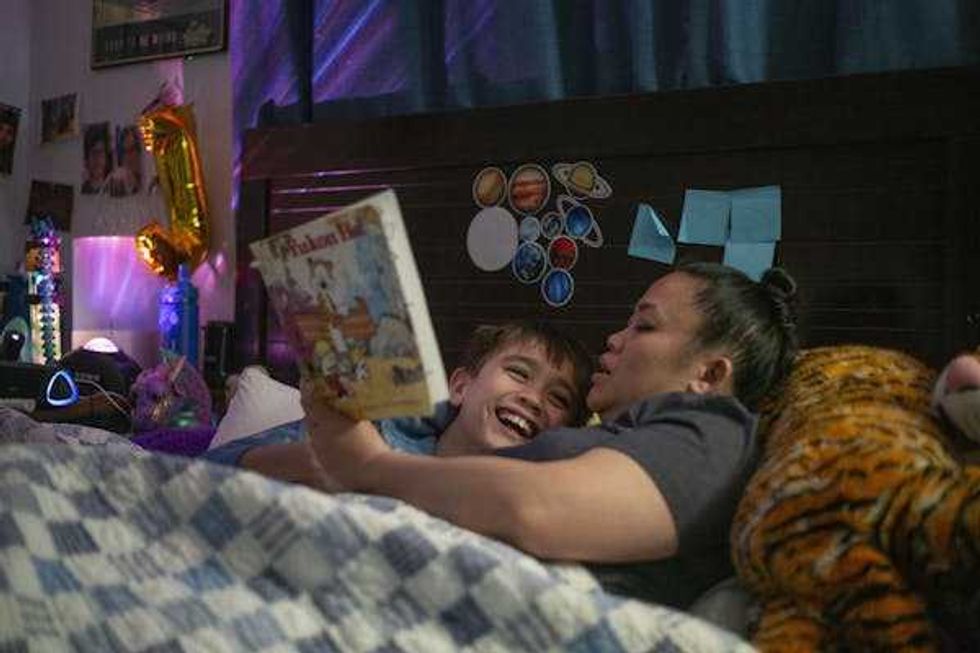 Christy Lam-Julian, a mother in Pinole, Calif., reads to her son in April 2025.
Christy Lam-Julian, a mother in Pinole, Calif., reads to her son in April 2025. Children who read bedtime stories with their parents are likely to benefit from a boost in creativity – especially if they consider questions about the books.
Children who read bedtime stories with their parents are likely to benefit from a boost in creativity – especially if they consider questions about the books.